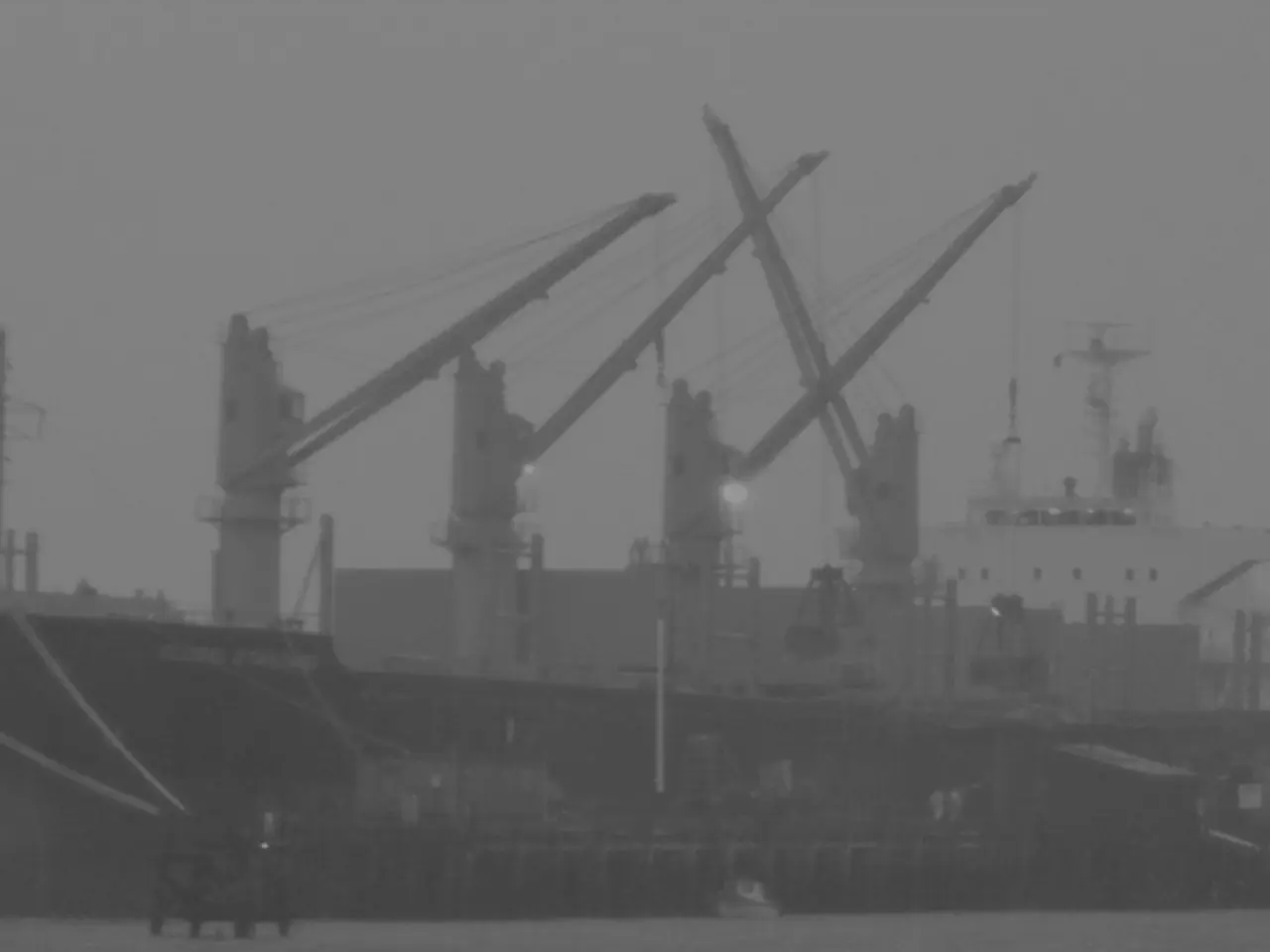Israel's Tactical Reticence: An Analysis of Clausewitzian Strategies in Israel's Approach to Iran
Unleashed hostilities: April 13 sees Iran fire 300 missiles and drones at Israel
The battle between Iran and Israel has escalated to a level never seen before, as Iran launched an unprecedented direct attack on Israel using over 300 missiles and drones. This step was taken in response to a series of strikes allegedly carried out by Israel against Iranian officials and sites in Syria. The most recent of these attacks was an air strike on an Iranian consular building in Damascus on April 1, which claimed the lives of seven Islamic Revolutionary Guard Corps officers, two of whom were high-ranking generals.
Up until now, the ongoing conflict had largely played out in the shadows through covert operations, cyberattacks, and proxies. However, this latest round of attacks brought the conflict into the open, increasing regional tensions and raising concerns that Israel may retaliate proportionally to deter Iran from launching similar attacks in the future.
But Israel's response was surprisingly subdued, with minimal damage and casualties. Regional experts noted that the lack of significant retaliation was puzzling, given Israel's historic reputation for swiftly and decisively punishing those who threaten its security. But upon further examination, it seems Israel was carefully weighing its actions and focusing on larger national objectives.
Preserving the Coalition Against Iran Amid International Pressure
International pressure was likely a factor in Israel's restraint, as US and European officials publicly stated their opposition to offensive operations against Iran and any military actions that could provoke Iran and drag the region into war. Their cooperation in intercepting Iranian drones and missiles helped protect Israel, but this support was not guaranteed to continue in the event of a broader conflict.
However, international pressure alone cannot fully explain Israel's actions. Israeli leaders acted in ways that aligned with their country's geopolitical interests. During the Gulf War, they exercised restraint because the United States provided Israel with Patriot missile defense systems and agreed to destroy the Scud missile sites in western Iraq, effectively neutralizing the missile threat and ensuring Saddam's defeat.
After Iran's attacks against Israel, some speculated that an Israeli counterstrike was imminent. However, Israel once again exercised restraint for strategic reasons. Leaders were concerned about opening new theaters when they were already stretched thin dealing with a large-scale campaign in Gaza and operations in the West Bank and near the Lebanese border. Absorbing a broader war with Iran could divert Israel's attention and resources from its primary theater in Gaza, where it had not yet finished the war against Hamas and had not set a timetable to achieve its political objectives.
Focusing on the Real Threat: Hamas
A war with Iran would not only escalate regional tensions but also open multiple new fronts at a time when Israel had not yet ended the war against Hamas and was dealing with a volatile situation in the West Bank. Israeli decision-makers feared that in the event of a broader war with Iran, Tehran would rely on its capabilities and those of its vast network of proxies (Lebanon, Syria, Iraq, Yemen) to open multiple fronts against Israel.
Members of Israeli's war cabinet recognized that a war with Iran would not be particularly helpful in the fight against Hamas. By opening multiple theaters, Israel would inadvertently benefit and support Hamas's original designs for disrupting the regional balance and bringing chaos and disorder to the Middle East. As the weaker side, drawing either nonstate or state actors into the conflict constitutes Hamas's only chance to militarily pressure Israel to halt, even if only temporarily, its operations in Gaza, including its planned offensive in Rafah.
Israel's restraint toward Iran is not unusual. Its leaders have historically acted very much like traditional Clausewitzians, carefully considering the war's endgame and designing actions based on these considerations. The past teaches us that Israel's leaders have sought to avoid waging prolonged, multifront wars, cognizant of the dangerous consequences of doing so. Such conflicts would harm their economy and heavily burden their small population, a good percentage of whom serve in the reserves. Long conflicts also erode domestic support, and this is especially harmful in democracies like Israel where public support is essential for maintaining morale, continuing the war effort, and surviving politically.
In conclusion, Israel's restraint toward Iran is strategic and driven by a desire to focus on its primary threat: Hamas. By avoiding opening new fronts and escalating the conflict, Israel can maintain its attention and resources on the war in Gaza. In the future, Israeli decision-makers' ability to find a sustainable peace in the region will ultimately depend on whether they continue to exercise such sound judgment, especially in their prolonged war in Gaza.
- International pressure, as US and European officials expressed opposition to military actions against Iran, may have influenced Israel's decision to exercise restraint in their response to the direct attack.
- To align with national objectives, Israeli leaders considered the potential impact of a counterstrike on their geopolitical interests, recalling past events like the Gulf War when Israel received strategic support in exchange for self-restraint.
- The escalation of hostilities between Iran and Israel raises concerns about Iran using its proxies to open multiple fronts against Israel, supplementing the ongoing conflict in Gaza and challenging Israel's resources and attention.
- By focusing on Hamas as the primary threat, Israeli decision-makers aim to preserve their attention and resources on the war in Gaza, preventing potential distractions and erosion of support that could arise from a broader war with Iran.
- In the future, Israel's success in finding a sustainable peace in the region will rely on its leaders maintaining sound judgment in their prolonged war in Gaza, balancing the need for strategic action with a focus on their primary and immediate threats.








